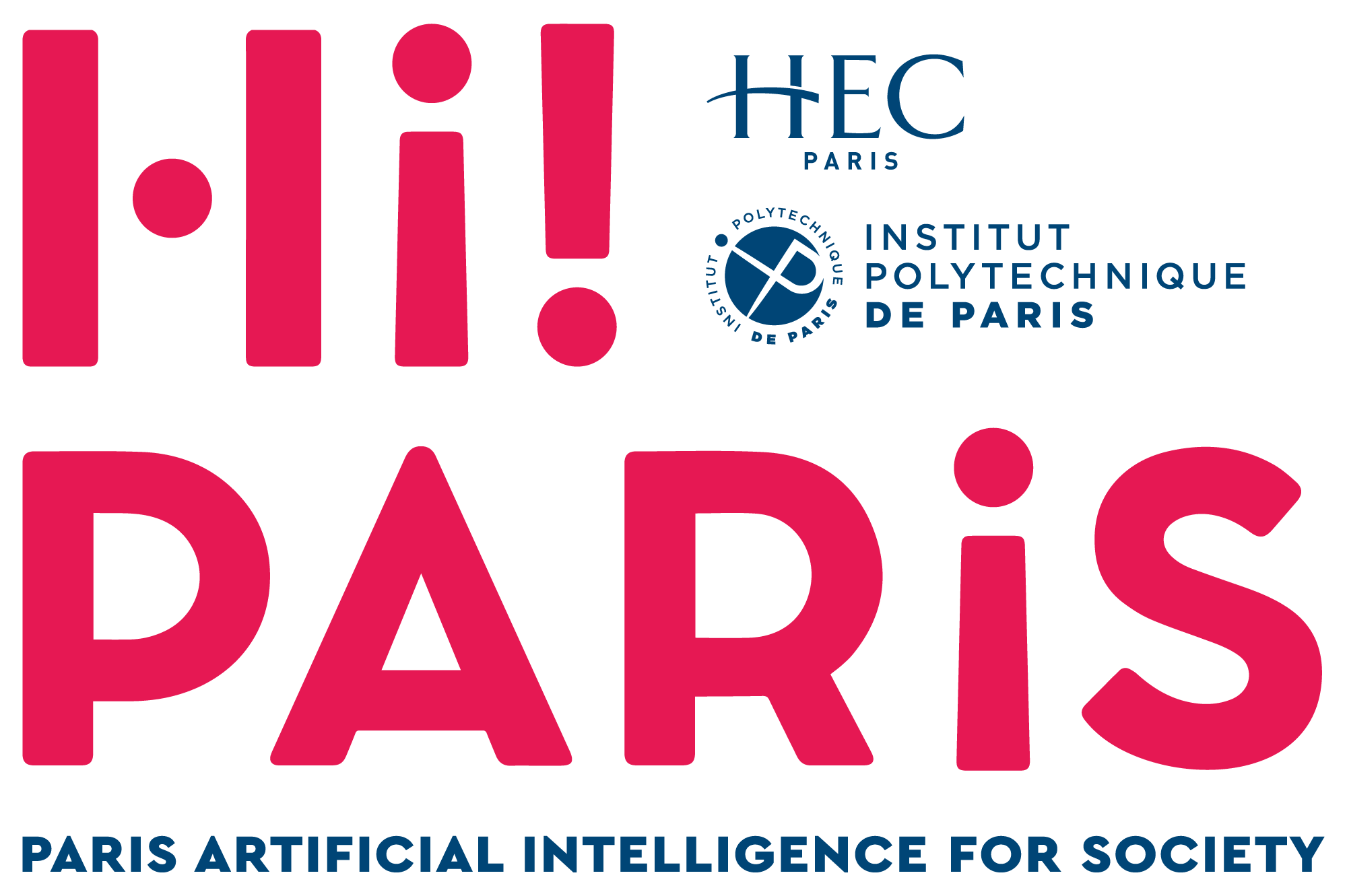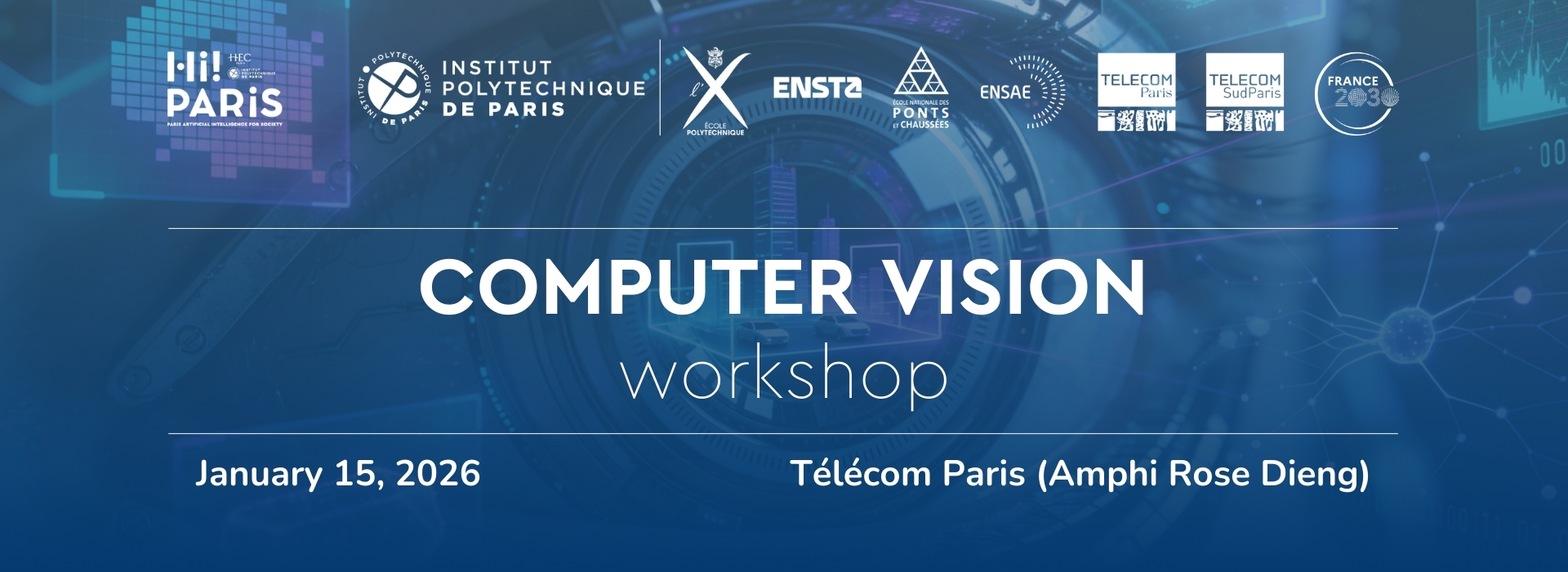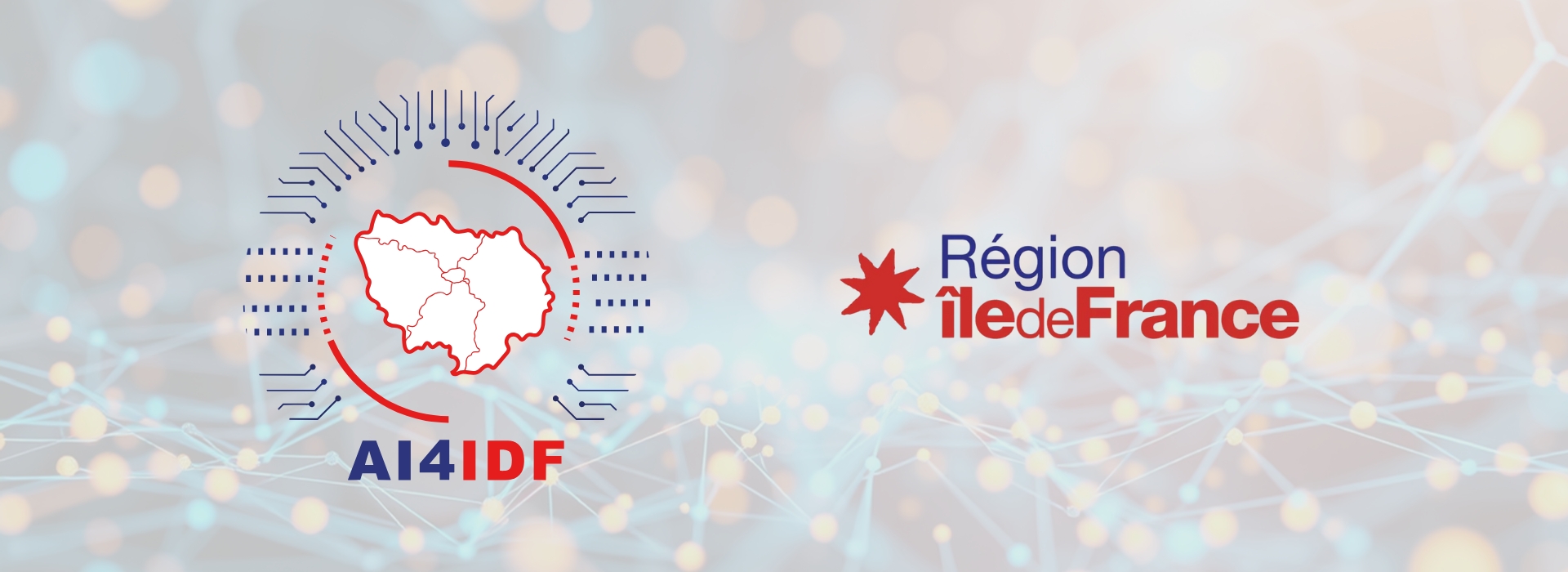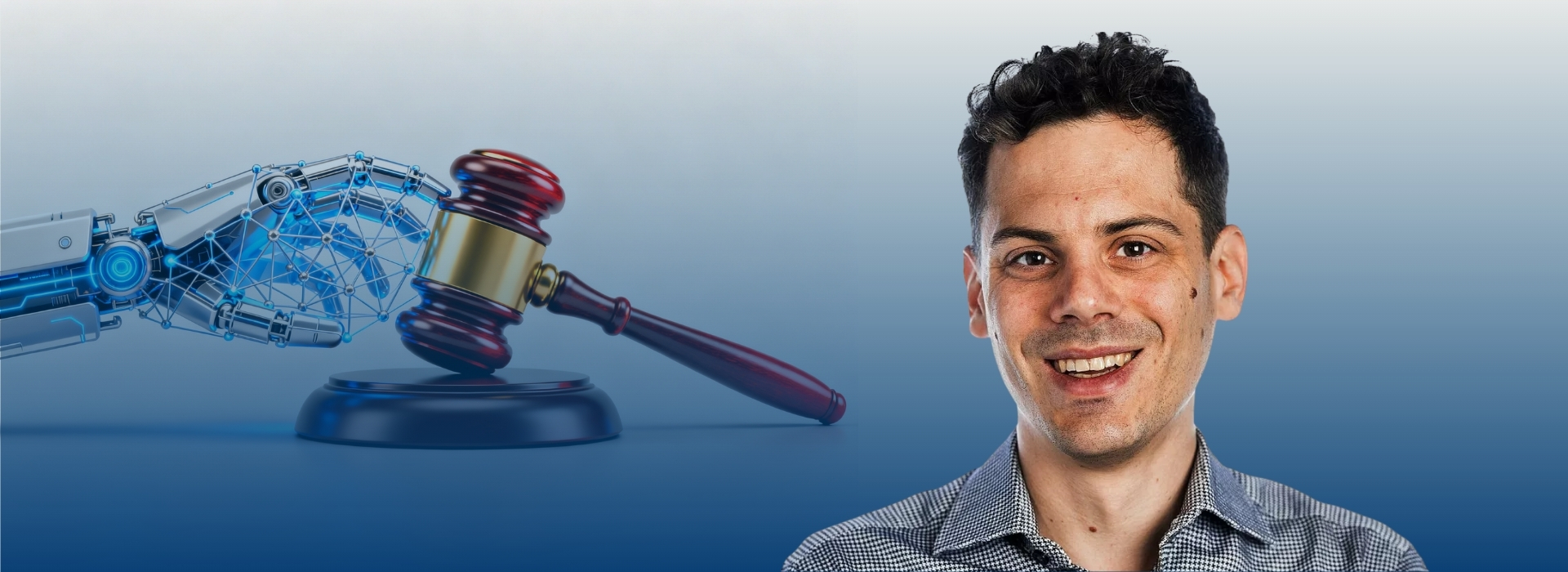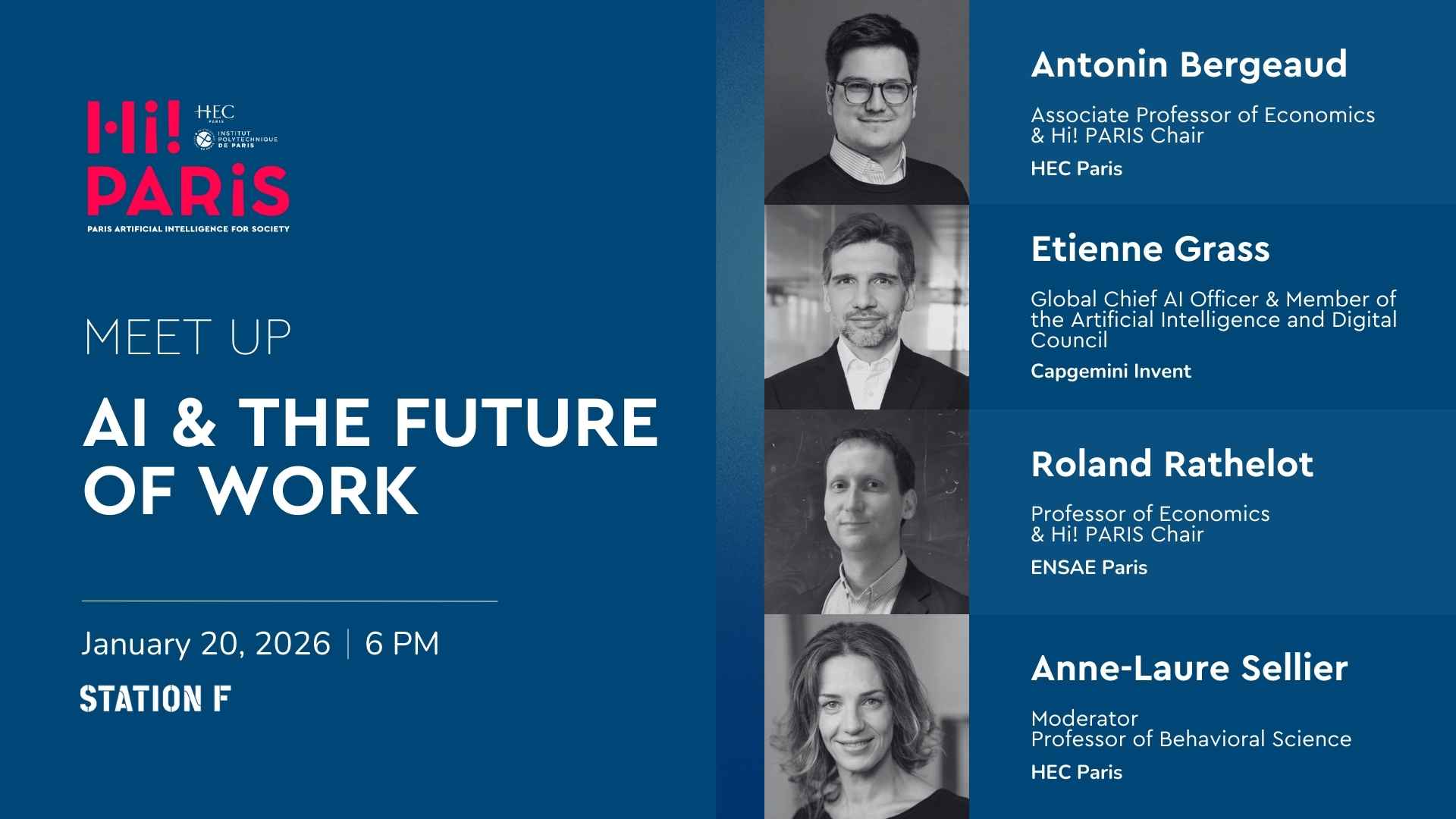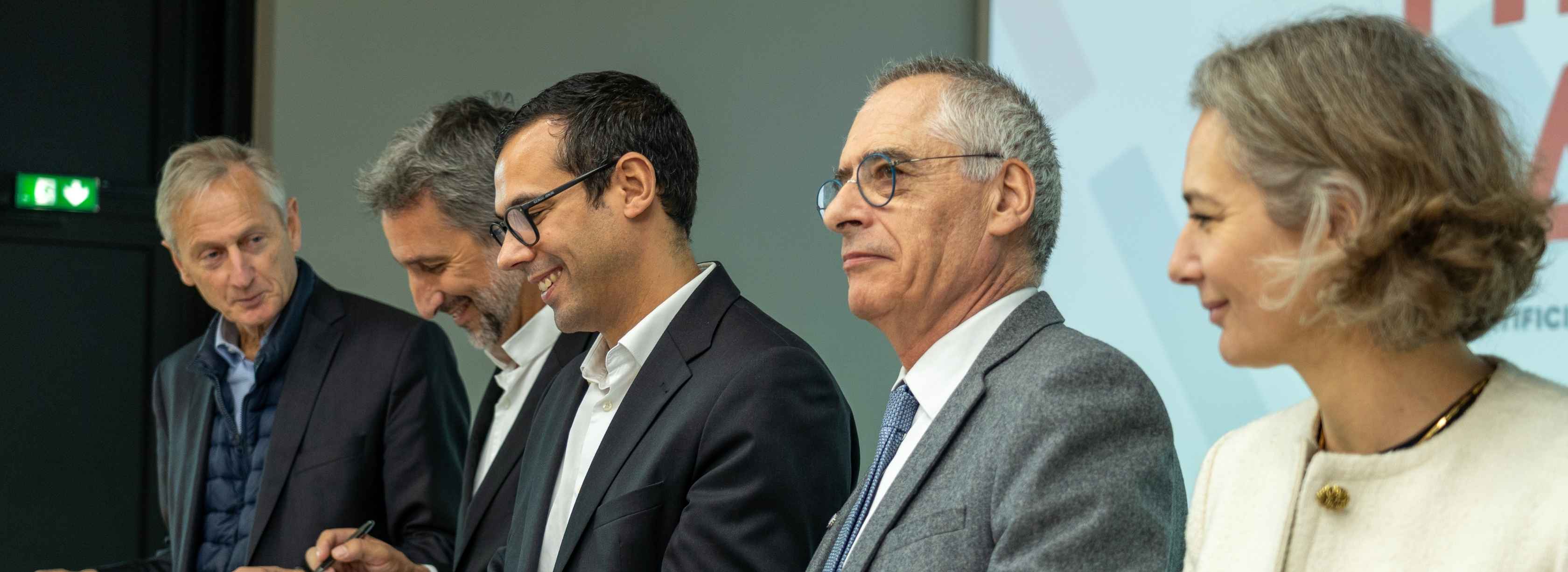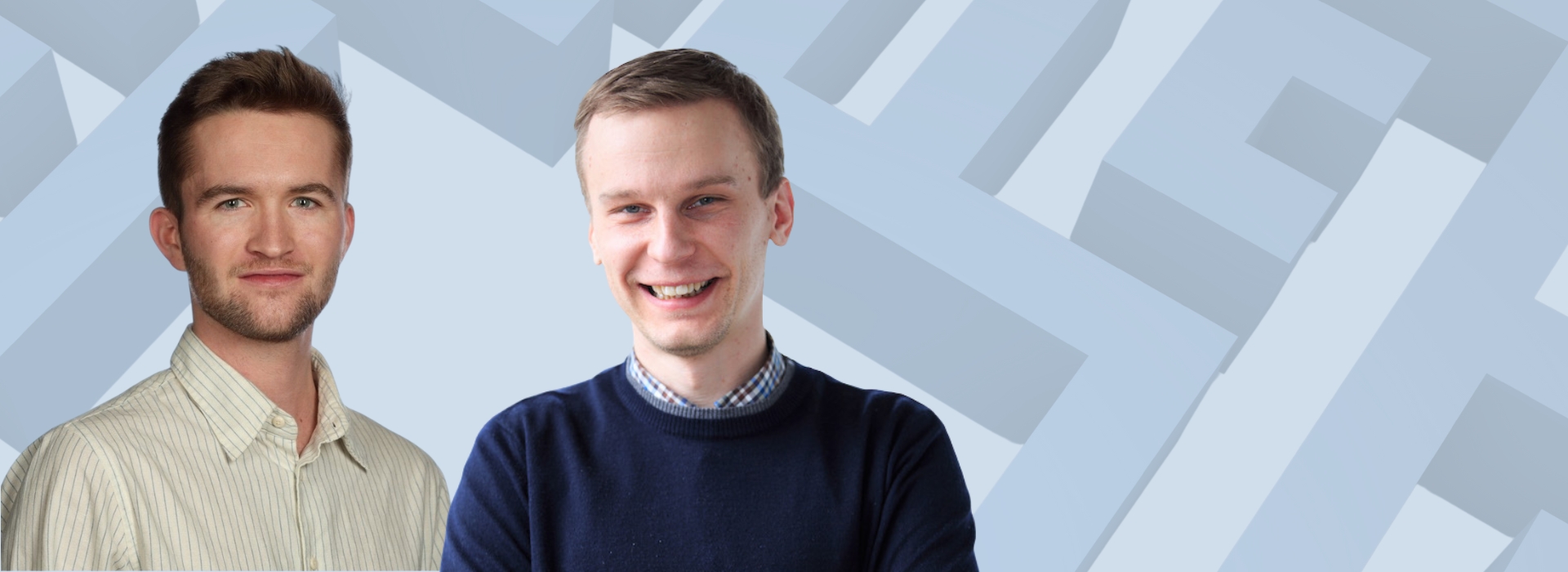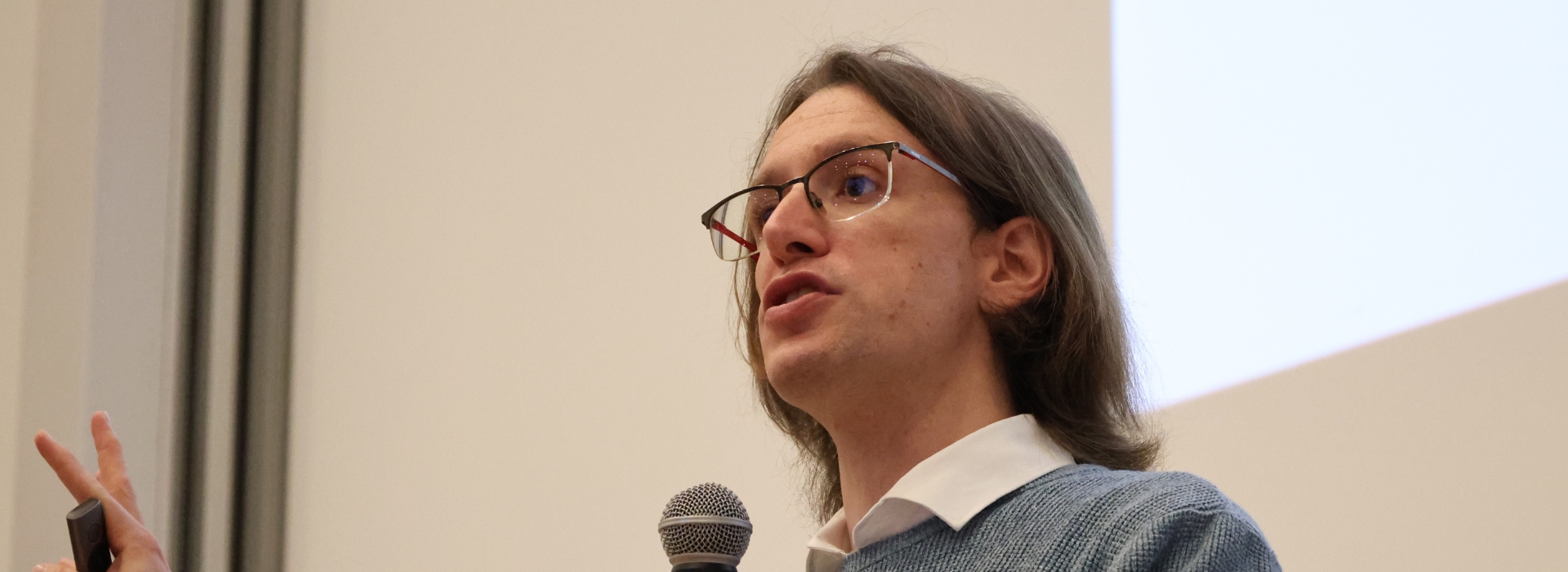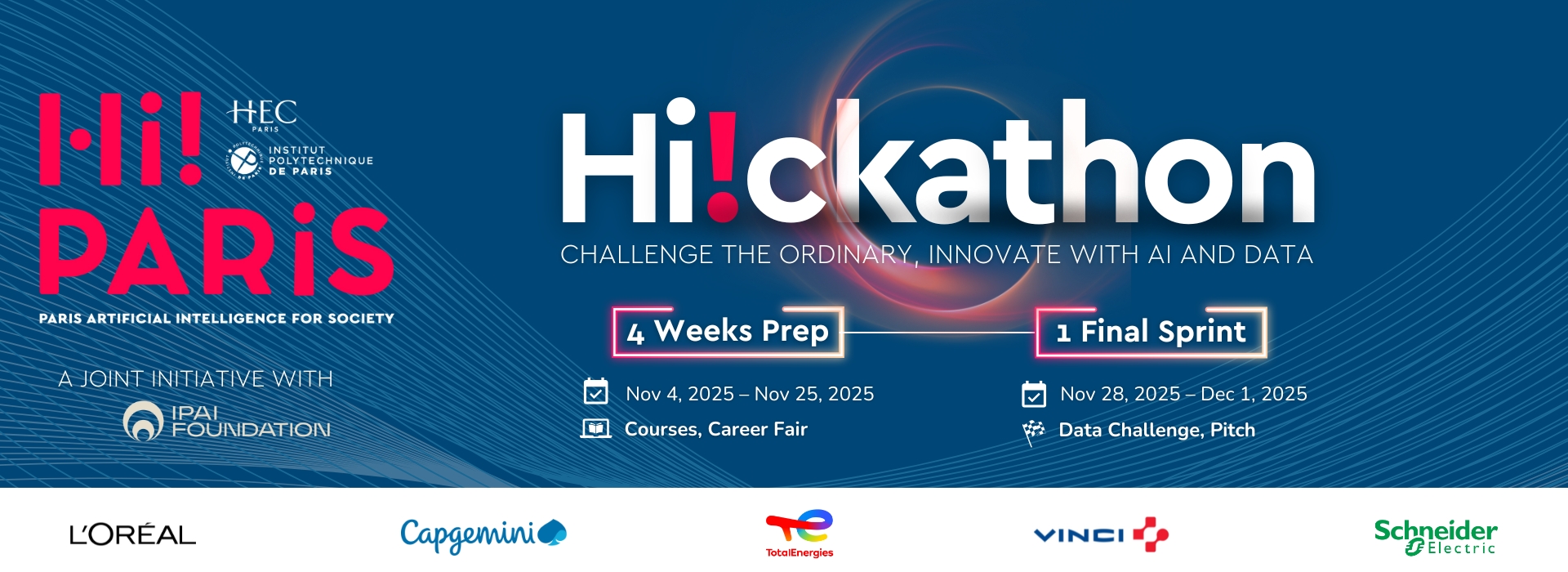The IP Paris – Hi! PARIS 2026 Computer Vision Workshop is a collaborative event bringing together researchers, students, and professionals passionate about advancing the field of computer vision. Hosted at Télécom Paris, the workshop will explore the latest research breakthroughs, foster cross-disciplinary discussions, and connect participants around innovative ideas shaping the future of AI and visual perception. Whether you […]
What if your coach was always available, never tired, and capable of instantly analyzing your posture to help you move better, whether you’re recovering from an injury, learning a new dance move, or practicing the violin? For Gül Varol, chair in the 2025 cohort, this isn’t science fiction. It’s the ambition behind her research project: […]
DIM AI4IDF – Open until February 16, 2026 (1 p.m.) The DIM AI4IDF is launching its Call for Scientific and AI Event Proposals 2026, aimed at supporting initiatives related to artificial intelligence in the Île-de-France region.This call is open to academic, industrial, and associative teams wishing to organize a scientific event that contributes to the […]
What can millions of newspaper articles teach us about democracy, representation, or inequality? For Etienne Ollion, sociologist and Hi! PARIS chair recipient, the answer lies not only in the words themselves, but in the tools we use to read them. His project, Textual Politics, uses advances in natural language processing (NLP) to revisit core questions […]
As part of the Hi! PARIS Initiatives, this Meet Up on “AI & the Future of Work” will bring researchers, industry leaders, and practitioners together at Station F. The goal: to reflect on how AI is reshaping jobs, skills, and workplace dynamics, and to explore what this transformation means for companies, policymakers, and society.
Schneider Electric has renewed its partnership with Hi! PARIS for three additional years, reinforcing a shared commitment to advance open and responsible AI. This new phase will support cutting-edge research, launch a new chair on AI and energy, and expand opportunities for students and doctoral candidates across the center.
Artificial intelligence has mastered language, vision, and even strategy games, but can it master mathematics? Amaury Hayat’s DESCARTES project explores one of the boldest frontiers in science: teaching machines not just to calculate, but to reason.
What happens when artificial intelligence pushes the boundaries of image creation from flat, 2D visuals into fully controllable 3D scenes? In their work, Maks Ovsjanikov (Professor at École polytechnique) and Léopold Maillard (PhD Student at École polytechnique), introduce LACONIC, a new 3D layout adapter, pushing generative image models into real 3D. Built on top of existing diffusion […]
As machine learning systems become embedded in critical decisions, from finance to infrastructure, the need for trustworthy, interpretable predictions has never been greater. Aymeric Dieuleveut, Professor of Statistics and Machine Learning at École polytechnique and scientific co-director of the Hi! PARIS Center, believes the key lies not in the models themselves, but in how we communicate their uncertainty.
The Hi!ckathon is a flagship AI and Data Science challenge organized by Hi! PARIS, the interdisciplinary center for data science and artificial intelligence.
